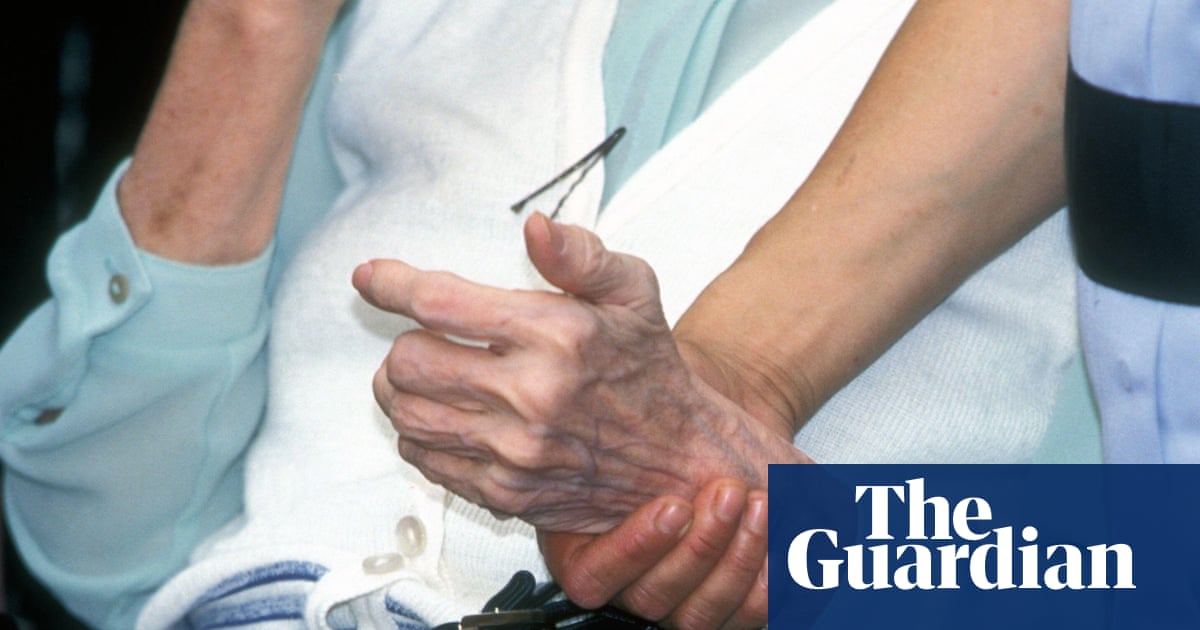
""These restrictions can result in treatments that are less effective for the very people who most need support. These exclusions are rarely justified and fail to align with the principles of equity and scientific excellence.""
""One example of this exclusion is dementia research, where only one in 10 people living with the disease are offered the opportunity to take part, with participation one of the biggest barriers to progress in this area.""
Individuals aged over 75 are often excluded from health research due to arbitrary age cut-offs, negatively impacting the development of life-saving treatments. Clinical studies often restrict older participants based on concerns about frailty and the perceived ineffectiveness of treatments for this age group. Over 40 charities and research institutions argue that such exclusions create health inequities and are unethical. This lack of representation especially affects conditions like dementia, where participation rates are exceedingly low. Experts urge that research should accurately reflect the needs of the aging population to improve treatment efficacy.
Read at www.theguardian.com
Unable to calculate read time
Collection
[
|
...
]